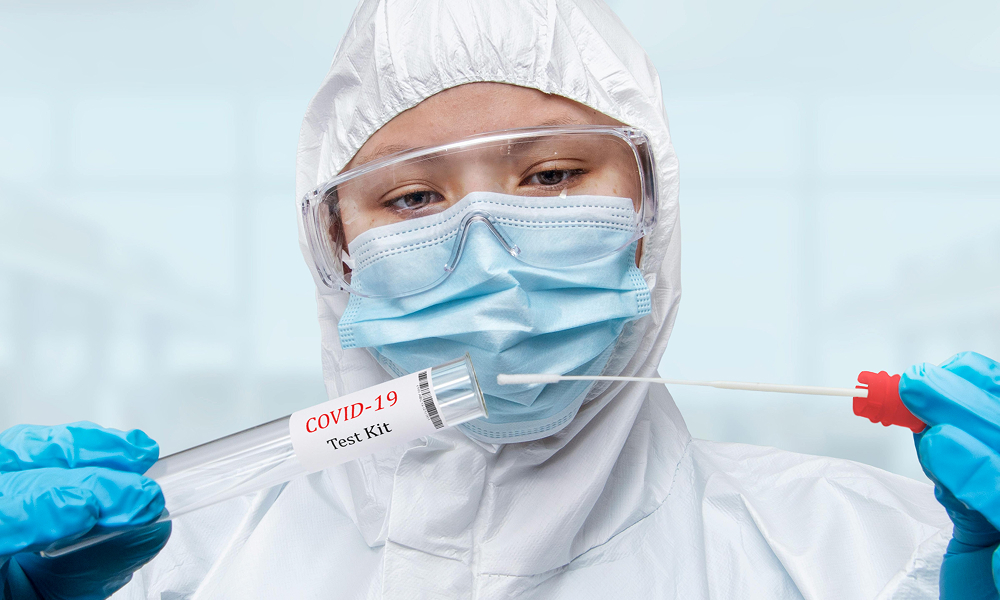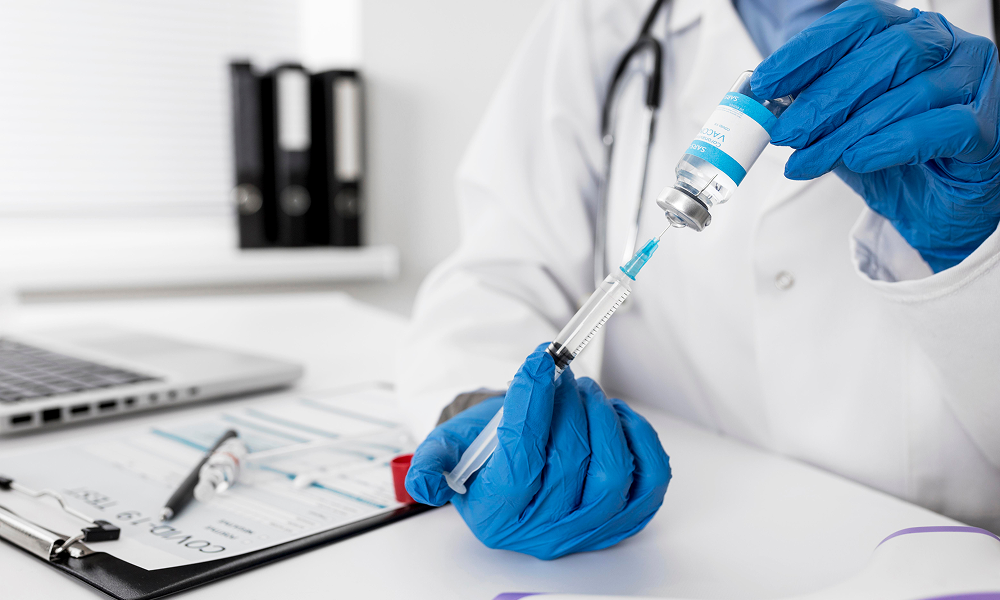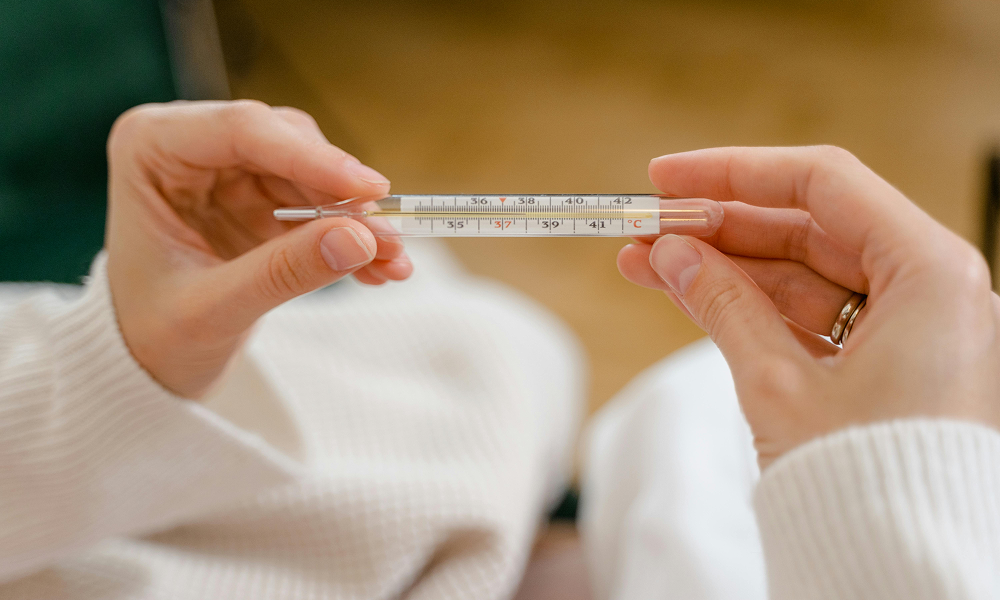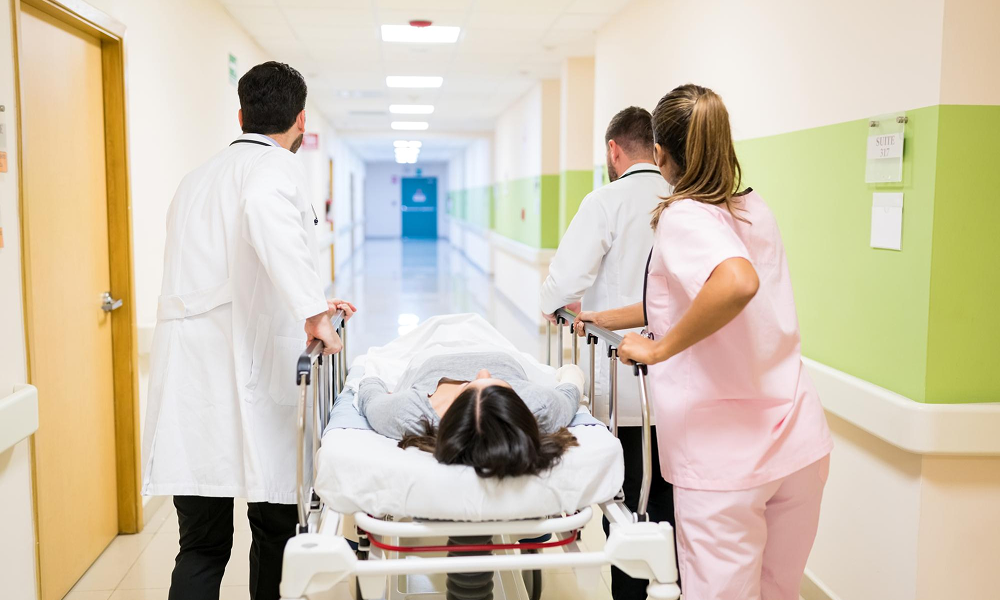COVID-19 Testing & Care Serving the Atlanta Area
What is COVID-19?
COVID-19 (Coronavirus Disease 2019) is a respiratory illness caused by the SARS-CoV-2 virus and is commonly evaluated and treated for patients across the Atlanta area. It spreads primarily through respiratory droplets when an infected person coughs, sneezes, or talks. Symptoms can range from mild to severe and may include fever, cough, fatigue, sore throat, shortness of breath, or loss of taste and smell.
While many people recover without complications, COVID-19 can lead to serious illness, especially in older adults and individuals with underlying health conditions such as heart disease, diabetes, or lung disorders.

Why it matters
Symptoms
How we help
Why it matters
Why it matters
COVID-19 continues to affect communities by spreading quickly and sometimes causing severe health complications. Early testing and timely care can prevent transmission and help reduce the risk of long-term effects, such as fatigue, breathing issues, or heart complications.
Monitoring symptoms and isolating when contagious protect both patients and the people around them. Vaccination and preventive measures remain the most effective ways to reduce infection and serious illness.
Symptoms
Symptoms
- Fever, cough, congestion
- Loss of taste or smell
- Fatigue or shortness of breath
How we help
How we help
- Rapid and PCR testing
- Antiviral treatments for eligible patients
- Guidance on isolation, return-to-work, and prevention
If you feel unwell or were exposed, get tested and treated quickly.

What is Urgent Care?
Urgent care bridges the gap between primary care and the emergency room. It’s designed for non-life-threatening illnesses and injuries that require immediate attention — faster than waiting for a regular appointment, and without the high costs of the ER.
At our clinic, urgent care means same-day access to medical providers, on-site testing, and fast treatment so you can get relief and return to your daily life.
Our urgent care services cover a wide range of common medical needs, including:
- Cold, flu, and COVID-19 testing and treatment
- Sore throats, strep, and sinus infections
- Cough, bronchitis, and RSV evaluation
- Urinary tract infections (UTIs)
- Ear infections and eye conditions (including pink eye)
- Minor cuts, burns, and skin infections
- Muscle strains, sprains, and minor injuries
- Headaches and migraines
- Nausea, vomiting, and stomach issues
- Same-day lab testing and medication refills for urgent needs
Walk in anytime — no appointment is required.
Urgent care is best when you need quick medical attention for issues that are uncomfortable, painful, or concerning — but not life-threatening.
Examples include:
- Fever, cough, or flu symptoms
- Ear pain or sore throat
- Minor allergic reactions
- Small cuts or burns
- Sprains or strains
- Painful urination or suspected UTI
- Rashes, skin infections, or insect bites


Some symptoms require emergency care. Call 911 or go directly to the ER if you experience:
- Chest pain or pressure
- Difficulty breathing or shortness of breath
- Severe abdominal pain
- Head injuries or loss of consciousness
- Sudden weakness, numbness, or difficulty speaking
- Severe allergic reaction (trouble breathing, swelling of face/throat)
- Heavy bleeding that won’t stop
- Suspected stroke or heart attack
- Convenience: Walk in anytime, no appointment needed
- Speed: Short wait times compared to the ER
- Affordability: Lower costs than hospital emergency care
- Comprehensive care: On-site testing and treatment for a wide range of urgent conditions
- Personalized attention: Our providers take time to understand your needs and guide your recovery
Site Locations
We have three locations in the Metro Atlanta area, including Sandy Springs, Peachtree Corners (Norcross), and Johns Creek.
Sandy Springs
Peachtree Corners
Johns Creek
Sandy Springs
Sandy Springs
369 Sandy Springs Circle, Sandy Springs, GA, 30328Mon-Fri: 8:00 AM – 5:30 PM
Sat-Sun: 9:00 AM – 5:00 PM
Peachtree Corners
Peachtree Corners
3020 Holcomb Bridge Rd., Norcross, GA 30071Mon-Fri: 9:00 AM – 4:30 PMSat-Sun: Closed
Johns Creek
Johns Creek
10475 Medlock Bridge Rd. Building 800, STE 820, Johns Creek, GA 30097Mon-Fri: 9:00 AM – 4:30 PM
Sat-Sun: Closed
Make sure to contact your doctor and notify them of your health condition
Call 9-1-1 anytime if you think you may need emergency care. For example, call if:
- You have severe trouble breathing
- You have constant chest pain or pressure
- You are severely dizzy or lightheaded
- You are confused or can’t think clearly
- You have pale, gray, or blue-colored skin or lips
- You pass out or are very hard to wake up
- You have weakness or drooping on one side of the face
- You have weakness or numbness in an arm or a leg
- You have a severe headache
- You have a seizure








